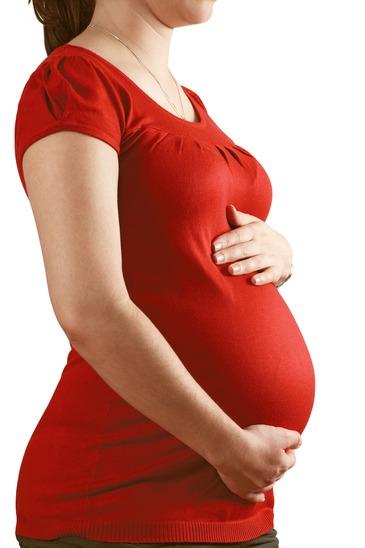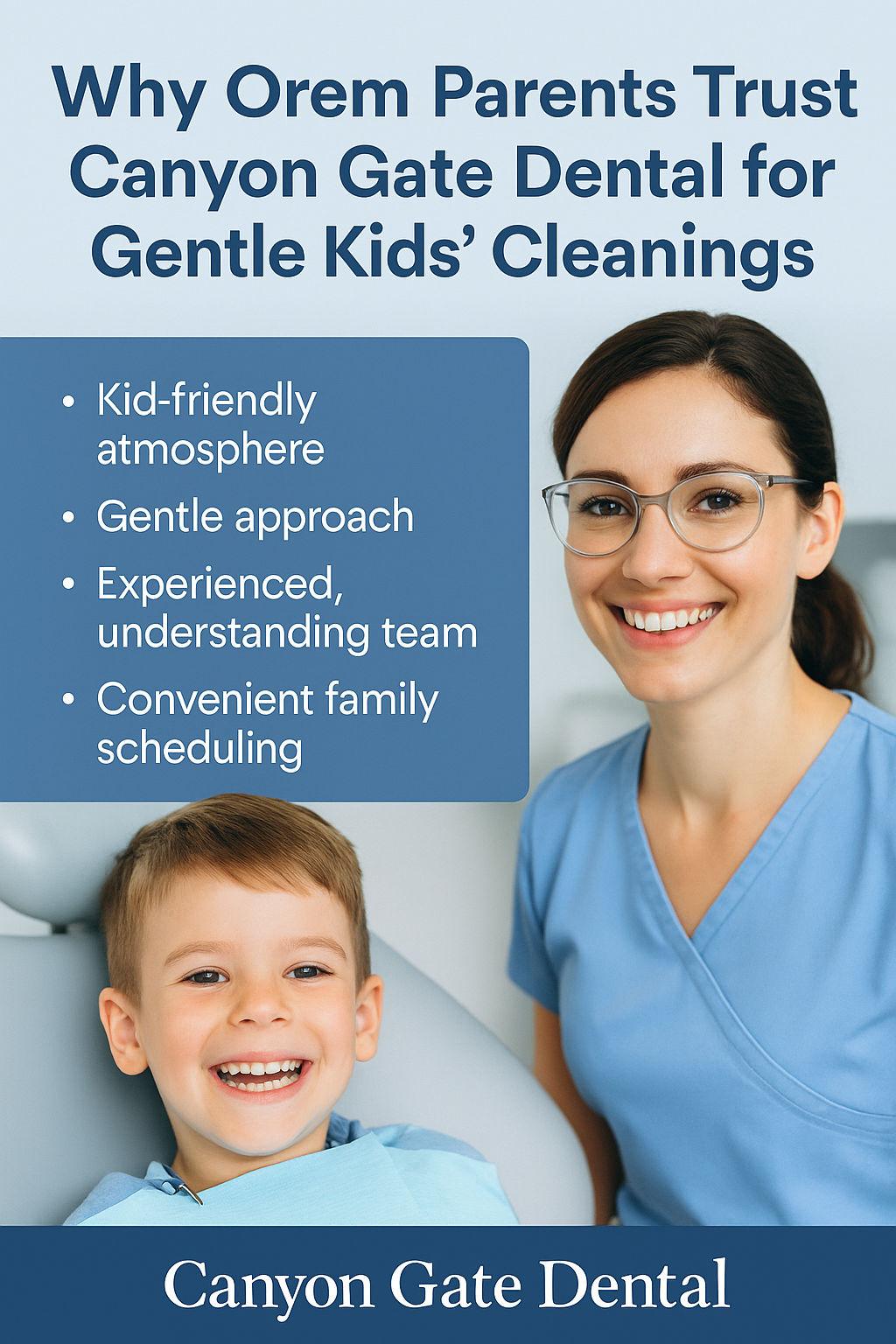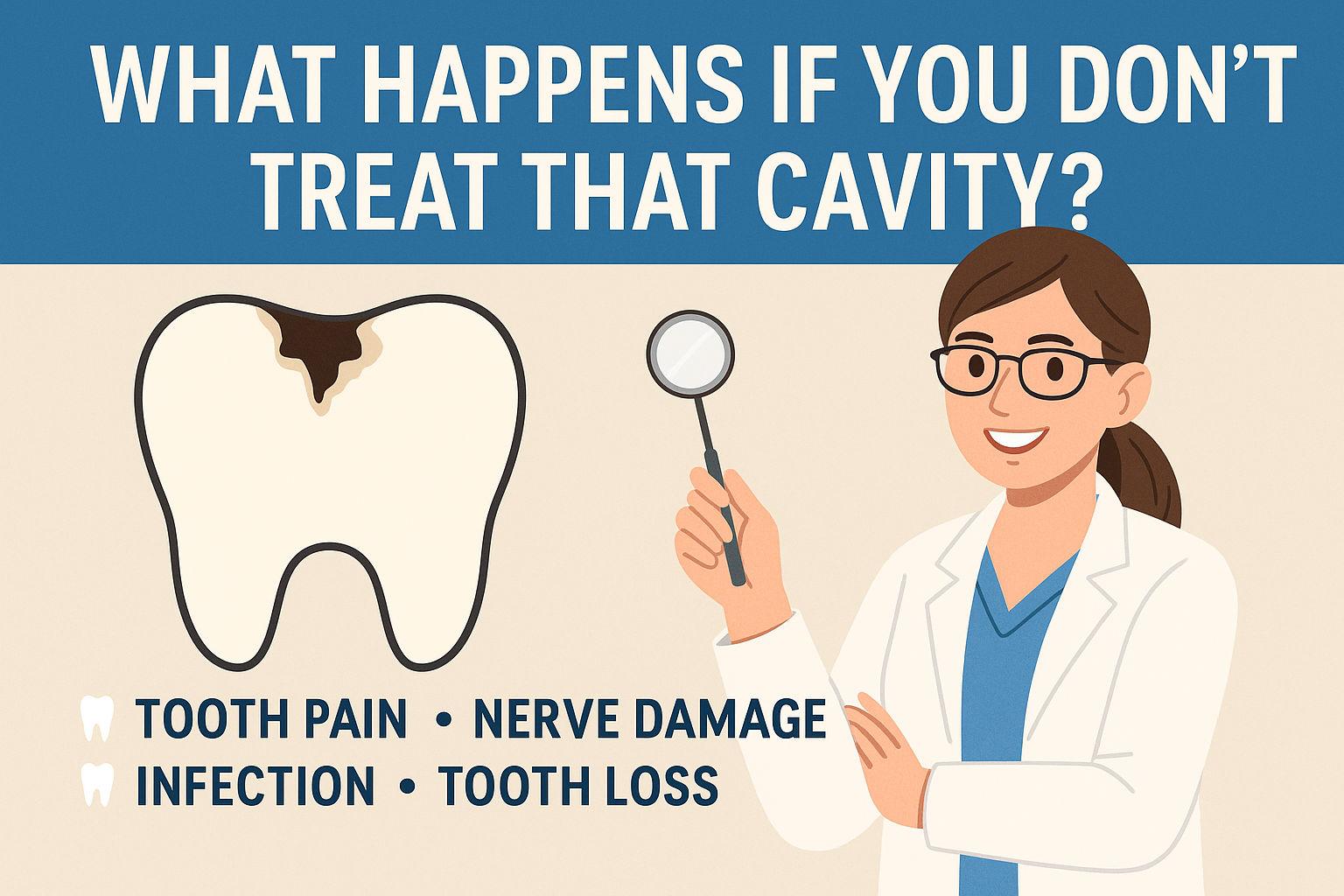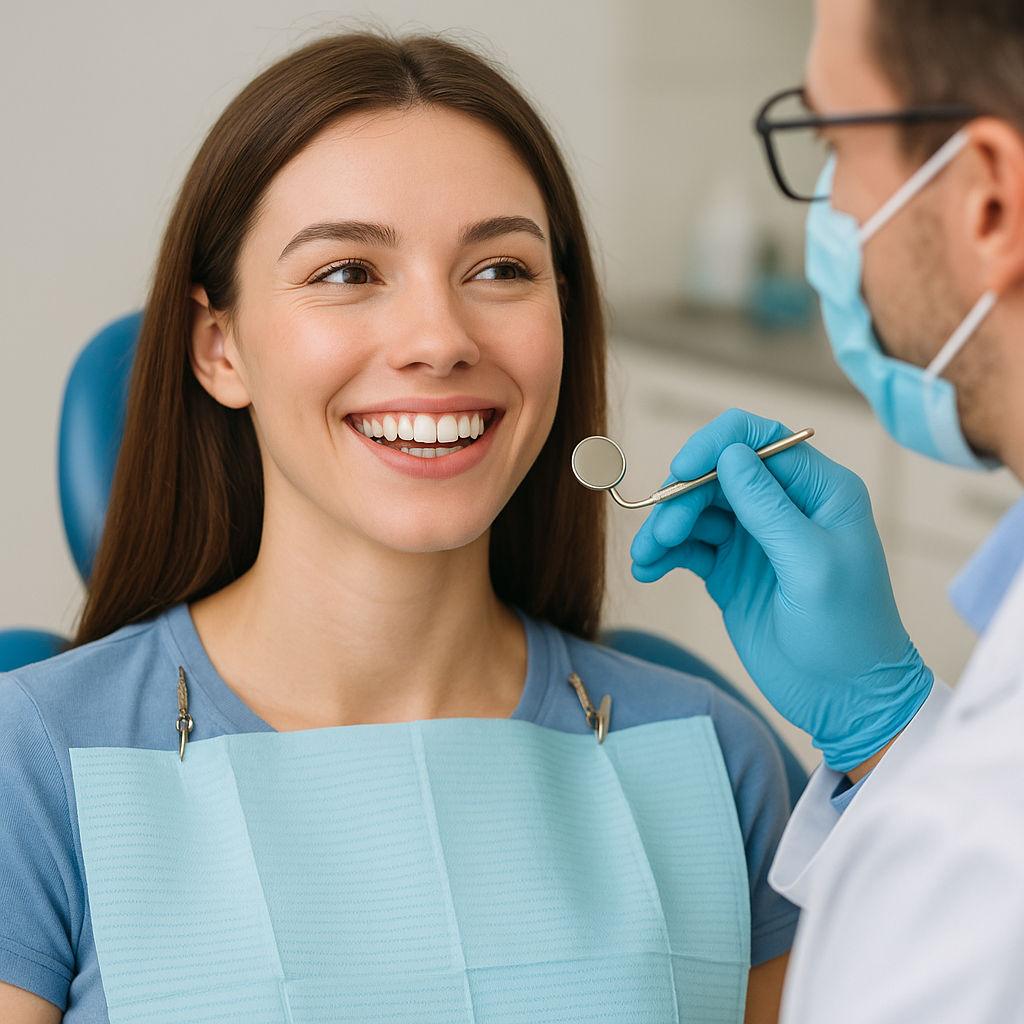I’ve had several patients ask me about this during their pregnancies. Usually the question goes something like this: “I always seem to get a cavity or two when I’m pregnant. I never get them at any other time. Does my baby take calcium from my teeth?”
In short, the answer is no. Your baby is not a parasite! There is no way for your teeth to lose calcium, fluoride, or any other beneficial mineral to your baby. Some of the dietary calcium you consume might be used to help your baby grow, but your baby is not stealing anything directly from your teeth. Teeth have the same structure, hardness, etc. during pregnancy that they do when you are not pregnant. On the other hand, I have seen pregnant women disproportionately affected by cavities and gum disease compared with women who are not pregnant, so there is definitely something about pregnancy that predisposes a woman to have dental problems.
The answer to this is actually simpler than you think. There are a few main causes for mouth problems during pregnancy:
- Many women experience “morning sickness” and vomiting during pregnancy. If your teeth are exposed to stomach acid on a regular basis, this can wreak havoc on your teeth. When you think of cavities, you should think of acid. Whether caused by bacteria or other sources, acid is the direct cause of dental cavities.
- As the baby grows bigger and starts moving and kicking, things inside your body get pushed around and compressed. Stomach acid might be pushed into the esophagus. While you are laying down trying to sleep this stomach acid can sit in your mouth and cause dental problems. Stomach acid is much worse for your teeth than soda or energy drinks.
- Even if vomiting is not an issue, nausea might be present. Things that would not normally make you feel queasy might be a big mental barrier during pregnancy. For example, many women report that they find mint flavored things, such as toothpaste, detestable when pregnant.
Dental hygiene might suffer a bit during your pregnancy as a result. - Normal female hormones are elevated in pregnancy. Progesterone is one such hormone that is elevated in pregnant women (and in women taking birth control). It stimulates production of prostaglandins, which in turn increase inflammation in the body and the gums. This inflammation falls under a special category that we call “pregnancy gingivitis.” If a pregnant woman already has periodontal issues (gum disease problems) this can be a recipe for gum problems and pain during pregnancy.
Even though I cannot experience pregnancy myself, the Orem and Provo, Utah area is known for its high birth rate, and I have had many pregnant patients successfully make it through pregnancy without cavities. If you are pregnant and want to avoid dental problems, I recommend the following suggestions and preventive measures:
- Brush and floss regularly and be thorough. Be perfect on this and leave as little to chance as possible.
- If you do have to vomit, rinse your mouth immediately and do so very thoroughly. Get rid of that damaging stomach acid. Wait a little while (15-30 min) to brush though. You can actually do some damage to your enamel if you start scrubbing immediately. A little baking soda in your rinse helps neutralize the acidity as well.
- Avoid acidic foods like soda, fruit juices, etc. as much as possible.
- Try some xylitol products. This is a common ingredient in sugar-free gums and other sugarless candies. It stimulates saliva flow and can actually help prevent cavities if you use it a few times a day.
- Use mouthwash. I recommend ACT products and Listerine Total Care because they contain fluoride and do not have alcohol as an ingredient.
- If you’re especially prone to getting cavities, consider talking to me about getting a prescription for a toothpaste that has more fluoride in it that normal pastes.
- Keep your dental visits. The second trimester is perfect for getting a nice cleaning and checkup. Even if you aren’t planning on having x-rays taken, it helps to have those hard-to-reach nooks and crannies between your teeth cleansed well by our amazing hygienists. This measure can go a long way in helping you prevent cavities while pregnant.
-Nicolas K. Young, DMD










